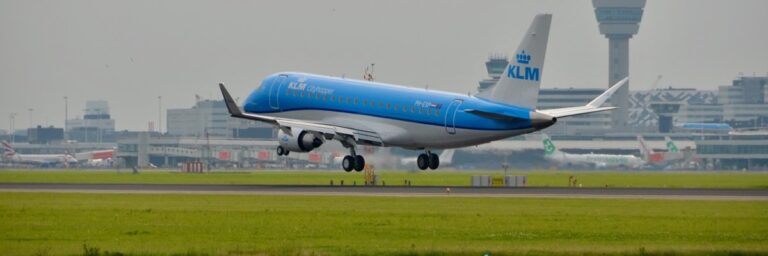Air France-KLM will build on the success of its business automation strategy by making its current repetitive process automation (RPA) bots more independent.
Using agentic artificial intelligence (AI) technology, the airline will enable the bots, which are currently rules-based, to make decisions without human support.
It currently has about 170 RPA bots across the group, which saved 200,000 hours of manual work last year, completing repetitive tasks that were previously done by humans.
It will now move these bots to the cloud to make use of agentic AI technology, such as that offered by its automation software supplier UiPath, said Babar Khan, who heads up the automation centre of excellence for the KLM side of the business.
RPA automates specific, rule-based tasks. It is designed to handle structured data and predefined workflows. Agentic AI uses large language models (LLMs) and external tools. Unlike RPA bots, AI agents can perform tasks that involve unstructured data and that require flexibility and decision-making.
Free up humans
Khan said the current bots are told exactly what to do, with a human “always in the loop”.
“There are situations that the bot cannot handle. Then it sends an email to an employee to request them to have a look,” he said.
“With agentic AI, we will be able to create bots which will be able to autonomously make decisions, but also do automatic healing. When there’s a mistake, or they see something that isn’t right, they’re able to correct it themselves. You’re able to go to a completely different level of automation,” added Khan.
He expects, through agentic AI, to increase time savings and be able to apply RPA to more complex tasks.
Khan said the company will start piloting this at the beginning of 2026, when the migration of bots to the cloud is complete.
The company began working with RPA in its finance department in 2016. “It was initially mainly seen as a solution for financial processes, but it quickly became clear that the potential of RPA went far beyond just finance,” Khan told Computer Weekly.
It was a team of about four people then, with 10 RPA bots. They then created some bots in HR, and later introduced bots to other business areas. In 2018, the work officially became part of the development domain, and the automation centre of excellence was introduced.
Khan said: “We took over with a clear vision, and that was to turn it into a commodity service. We made it available across the organisation.”
There are now 12 people in the team.
Homer’s success
One of the success stories in the HR department is Homer, a bot that can quickly create statements for employees, such as providing documents to support mortgage applications. “To create an employee statement, a lot of information needs to be checked,” said Khan.
He said Homer alone saves 31 admin hours each month, and there are many other bots in the HR department, saving it more than 2,400 hours a year.
There is also a bot in the company’s cargo handling department, which checks shipments. Known as Casper, it saves in excess of 1,000 hours a year.
Another bot processes flight handovers, when the flight analyst passes on a flight to the handling department for preparation. This saves 13,000 hours over 12 months.
These figures may win over the number crunchers in the business, but Khan said there is still a challenge in ensuring the services are adopted by business units. “We do a lot of awareness and go out there and sell RPA,” said Khan. “When we talk about RPA, robots and future employees, the businesses or people involved in that process sometimes think, ‘Is my job going to be replaced?’”
To overcome this, Khan said the team explains everything properly and takes them along in the process.
This post is exclusively published on eduexpertisehub.com
Source link

